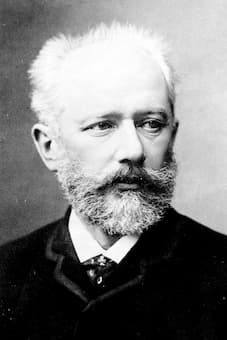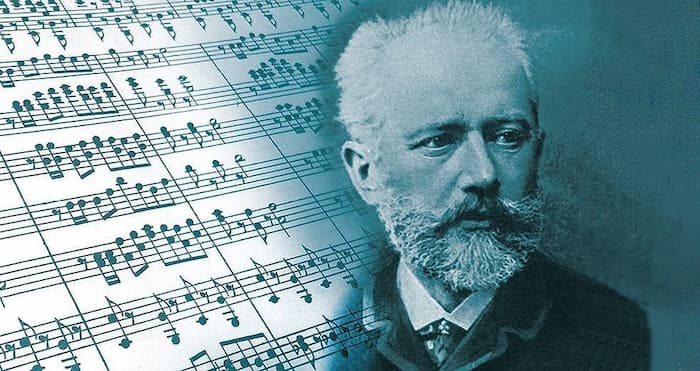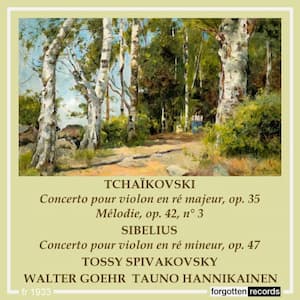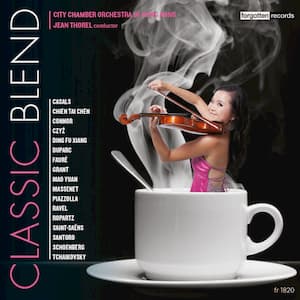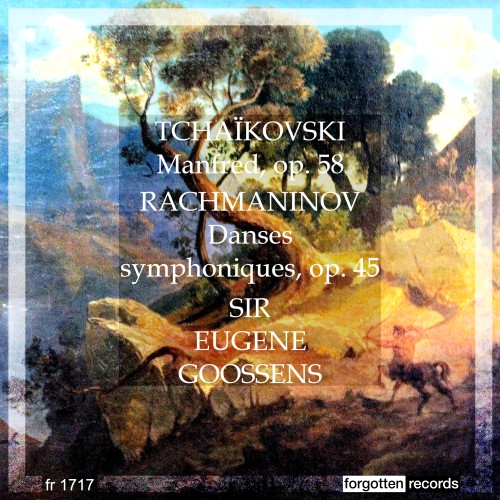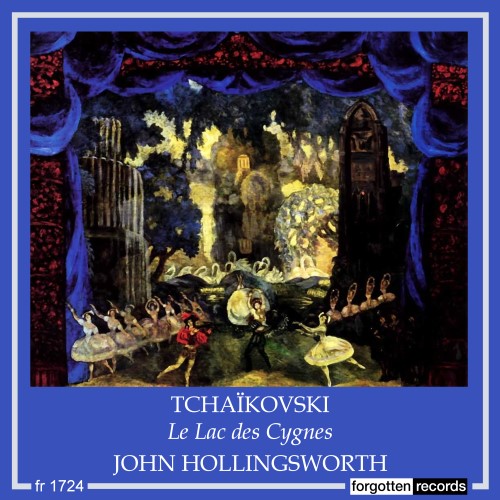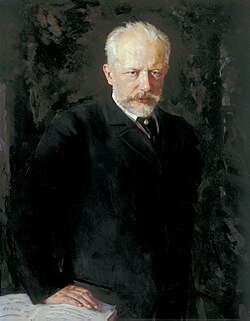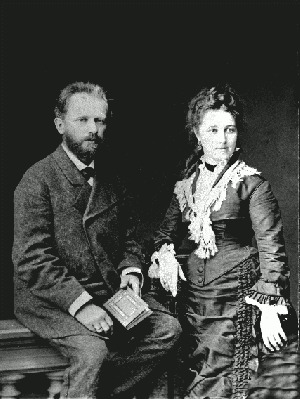Pyotr Ilyich Tchaikovsky arrived in St Petersburg on 22 October 1893 to oversee the first performance of his Sixth Symphony. Tchaikovsky was elatedly optimistic and wrote, “I think it will be successful; it is rare for me to write anything
Tchaikovsky
In 1878, while in Switzerland, Pyotr Ilyich Tchaikovsky (1840-1893) wrote the first part of his op. 42 cycle for violin and piano, Souvenir d’un lieu cher (Memory of a dear place). The three movements, Méditation, Scherzo, and Mélodie were published
In 1876, when Swan Lake was given its premiere in Moscow, it wasn’t the hit that we consider it today. The prima ballerina was involved in a scandal with a government official (he gave her jewels, she married someone else
Lord Byron’s 1817 poem Manfred brought out all the elements of the Gothic novel into a dramatic poem. In 1816, Byron was traveling with Mary and Percy Shelley in Switzerland with her sister Claire Clairmont. The two couples began a
In two different ballets, Pyotr Il’yich Tchaikovsky added in a set of national ballets. In The Nutcracker (1892), part of Clara’s entertainments in the Land of Sweets at the Palace were a set of national dances depicting where sweets came
The premiere performance of Tchaikovsky’s Manfred Symphony on 23 March 1886 immediately brought forth strong opinions on both sides of the critical divide. Somewhat surprisingly, the fierce and feared critic César Cui liked the work, and favorably commented on the
When Pyotr Ilyich Tchaikovsky‘s Symphony No. 4 in F minor premiered at a Russian Musical Society concert in Moscow on 10 February 1878, it represented a veritable breakthrough in terms of emotional depth and complexity. This symphonic hybrid, which subsequently

